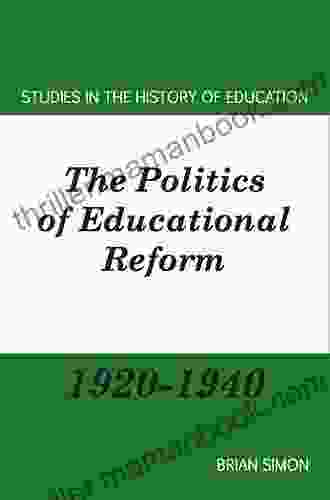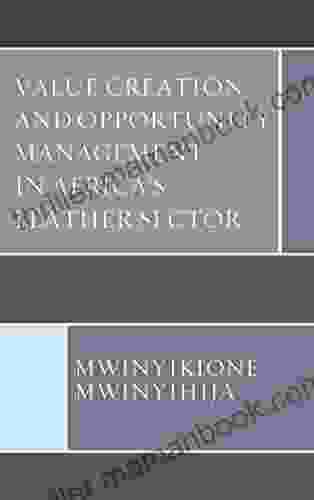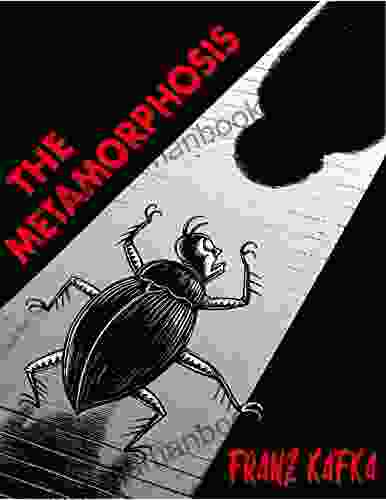The Politics of Education Reform: A Comprehensive Examination of the Complexities and Challenges

Education reform is a complex and challenging issue, with a long history of political debate. In recent years, there has been a growing recognition of the need to improve educational outcomes for all students, but there is no consensus on the best way to achieve this goal. This article provides a comprehensive examination of the politics of education reform, exploring the different perspectives, interests, and power dynamics that shape the policymaking process.
The history of education reform in the United States is marked by a series of debates over the purpose of education, the role of government, and the best way to improve student outcomes. In the early 19th century, the common school movement sought to create a system of public education that would be accessible to all children. In the early 20th century, the progressive education movement emphasized the importance of student-centered learning and social reform. In the 1950s and 1960s, the civil rights movement challenged the system of racial segregation in education, and the Great Society programs of the Johnson administration sought to expand access to education for all Americans.
In the 1980s, the Reagan administration launched a wave of education reforms that emphasized accountability, testing, and choice. These reforms were continued by the Clinton administration, which also focused on early childhood education and teacher quality. In the 2000s, the Bush administration implemented the No Child Left Behind Act, which required states to test students annually and to make schools accountable for student performance. The Obama administration continued the focus on accountability, but also sought to expand access to early childhood education and to improve teacher quality.
4.4 out of 5
| Language | : | English |
| File size | : | 3005 KB |
| Text-to-Speech | : | Enabled |
| Screen Reader | : | Supported |
| Enhanced typesetting | : | Enabled |
| Word Wise | : | Enabled |
| Print length | : | 272 pages |
There is no single consensus on the best way to reform education. Different stakeholders have different perspectives on the issue, based on their own interests and values. Some of the key perspectives on education reform include:
- The traditionalist perspective emphasizes the importance of a rigorous academic curriculum, high standards, and strong discipline. Traditionalists believe that schools should focus on teaching students the basics of reading, writing, and mathematics.
- The progressive perspective emphasizes the importance of student-centered learning, social justice, and critical thinking. Progressives believe that schools should provide students with the skills and knowledge they need to succeed in a changing world.
- The accountability perspective emphasizes the importance of measuring student performance and holding schools accountable for results. Accountability proponents believe that schools should be held accountable for the academic progress of their students.
- The equity perspective emphasizes the importance of providing all students with a quality education, regardless of their race, ethnicity, or socioeconomic status. Equity proponents believe that schools should be funded fairly and that all students should have access to the same opportunities to succeed.
The politics of education reform are shaped by the interests and power dynamics of the different stakeholders involved. These stakeholders include:
- Students are the ultimate beneficiaries of education reform, but they often have little voice in the policymaking process.
- Parents want their children to receive a quality education, but they may have different ideas about what this means.
- Teachers are the professionals who deliver education, and they have a strong interest in the policies that affect their work.
- Administrators are responsible for managing schools and districts, and they have a stake in the policies that affect their schools.
- Policymakers are the elected officials who make the decisions about education reform. They are influenced by a variety of factors, including public opinion, campaign contributions, and their own personal beliefs.
The power dynamics between these stakeholders are complex and ever-changing. Sometimes, the interests of different stakeholders are aligned, and they can work together to achieve common goals. Other times, the interests of different stakeholders conflict, and this can lead to gridlock and inaction.
There are a number of challenges to education reform, including:
- Funding is a major challenge for education reform. Schools need adequate funding to provide students with a quality education, but funding is often scarce.
- Teacher quality is another major challenge for education reform. Teachers are the most important factor in student success, but there is a shortage of qualified teachers in many parts of the country.
- Accountability is a challenge for education reform. It is difficult to measure student performance accurately, and it is even more difficult to hold schools accountable for results.
- Equity is a challenge for education reform. All students deserve a quality education, but there are still large gaps in achievement between different groups of students.
Education reform is a complex and challenging issue, with a long history of political debate. There is no easy solution to the problem of how to improve educational outcomes for all students. However, by understanding the different perspectives, interests, and power dynamics involved in the policymaking process, we can make progress towards achieving our goal of a quality education for all.
4.4 out of 5
| Language | : | English |
| File size | : | 3005 KB |
| Text-to-Speech | : | Enabled |
| Screen Reader | : | Supported |
| Enhanced typesetting | : | Enabled |
| Word Wise | : | Enabled |
| Print length | : | 272 pages |
Do you want to contribute by writing guest posts on this blog?
Please contact us and send us a resume of previous articles that you have written.
 Top Book
Top Book Novel
Novel Fiction
Fiction Nonfiction
Nonfiction Literature
Literature Paperback
Paperback Hardcover
Hardcover E-book
E-book Audiobook
Audiobook Bestseller
Bestseller Classic
Classic Mystery
Mystery Thriller
Thriller Romance
Romance Fantasy
Fantasy Science Fiction
Science Fiction Biography
Biography Memoir
Memoir Autobiography
Autobiography Poetry
Poetry Drama
Drama Historical Fiction
Historical Fiction Self-help
Self-help Young Adult
Young Adult Childrens Books
Childrens Books Graphic Novel
Graphic Novel Anthology
Anthology Series
Series Encyclopedia
Encyclopedia Reference
Reference Guidebook
Guidebook Textbook
Textbook Workbook
Workbook Journal
Journal Diary
Diary Manuscript
Manuscript Folio
Folio Pulp Fiction
Pulp Fiction Short Stories
Short Stories Fairy Tales
Fairy Tales Fables
Fables Mythology
Mythology Philosophy
Philosophy Religion
Religion Spirituality
Spirituality Essays
Essays Critique
Critique Commentary
Commentary Glossary
Glossary Bibliography
Bibliography Index
Index Table of Contents
Table of Contents Preface
Preface Introduction
Introduction Foreword
Foreword Afterword
Afterword Appendices
Appendices Annotations
Annotations Footnotes
Footnotes Epilogue
Epilogue Prologue
Prologue Richard Appignanesi
Richard Appignanesi Chris Durbin
Chris Durbin The Brothers Rodemeyer
The Brothers Rodemeyer Jeff Lindsay
Jeff Lindsay Barbara T Mates
Barbara T Mates Joseph Roth
Joseph Roth Franz Kafka
Franz Kafka Lara Smithe
Lara Smithe Justin Hurwitz
Justin Hurwitz Curtis Thomas
Curtis Thomas Anthony T Kronman
Anthony T Kronman Tanya L Provines
Tanya L Provines Erika Latanya
Erika Latanya Joann S Grohman
Joann S Grohman Elvira Souza Lima
Elvira Souza Lima Bertolt Brecht
Bertolt Brecht B K Brain
B K Brain Staci Perry
Staci Perry John Hawkins
John Hawkins Anneke Vanmarcke Forzani
Anneke Vanmarcke Forzani
Light bulbAdvertise smarter! Our strategic ad space ensures maximum exposure. Reserve your spot today!
 Dave SimmonsFollow ·13.2k
Dave SimmonsFollow ·13.2k Juan RulfoFollow ·15.2k
Juan RulfoFollow ·15.2k Ira CoxFollow ·8.8k
Ira CoxFollow ·8.8k Steve CarterFollow ·16.4k
Steve CarterFollow ·16.4k Clarence BrooksFollow ·4.7k
Clarence BrooksFollow ·4.7k Ethan MitchellFollow ·9.7k
Ethan MitchellFollow ·9.7k Fred FosterFollow ·16.9k
Fred FosterFollow ·16.9k E.M. ForsterFollow ·18.3k
E.M. ForsterFollow ·18.3k

 Caleb Carter
Caleb CarterThe Complete Beagle Dog Beginners Guide: Beagle Facts,...
Beagles are...
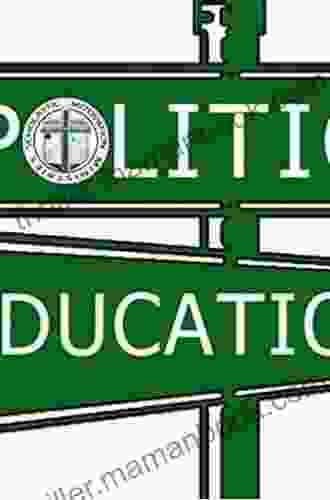
 Gage Hayes
Gage HayesThe Origins and Evolution of No Child Left Behind:...
The No Child Left Behind...

 George Martin
George MartinThe Love Pirates: A Swashbuckling Tale of Love,...
The Love Pirates is a thrilling...
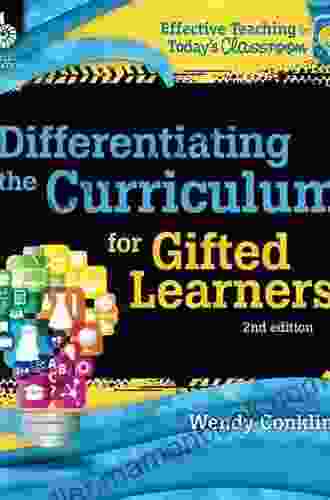
 Nathaniel Hawthorne
Nathaniel HawthorneDifferentiating the Curriculum for Gifted Learners:...
Gifted learners are...

 Carlos Fuentes
Carlos FuentesThe Years of Rice and Salt: A Journey Through a Forgotten...
The Years of Rice and Salt is...
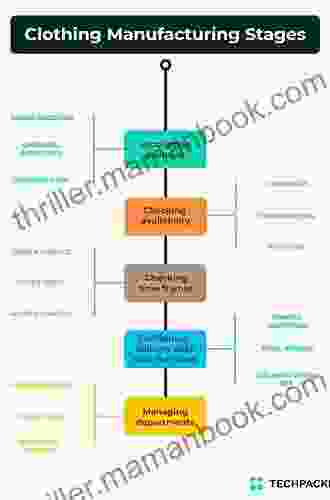
 Herbert Cox
Herbert CoxThe Intricate Design of Clothing Manufacturing Processes:...
The clothing industry is a vast and...
4.4 out of 5
| Language | : | English |
| File size | : | 3005 KB |
| Text-to-Speech | : | Enabled |
| Screen Reader | : | Supported |
| Enhanced typesetting | : | Enabled |
| Word Wise | : | Enabled |
| Print length | : | 272 pages |


